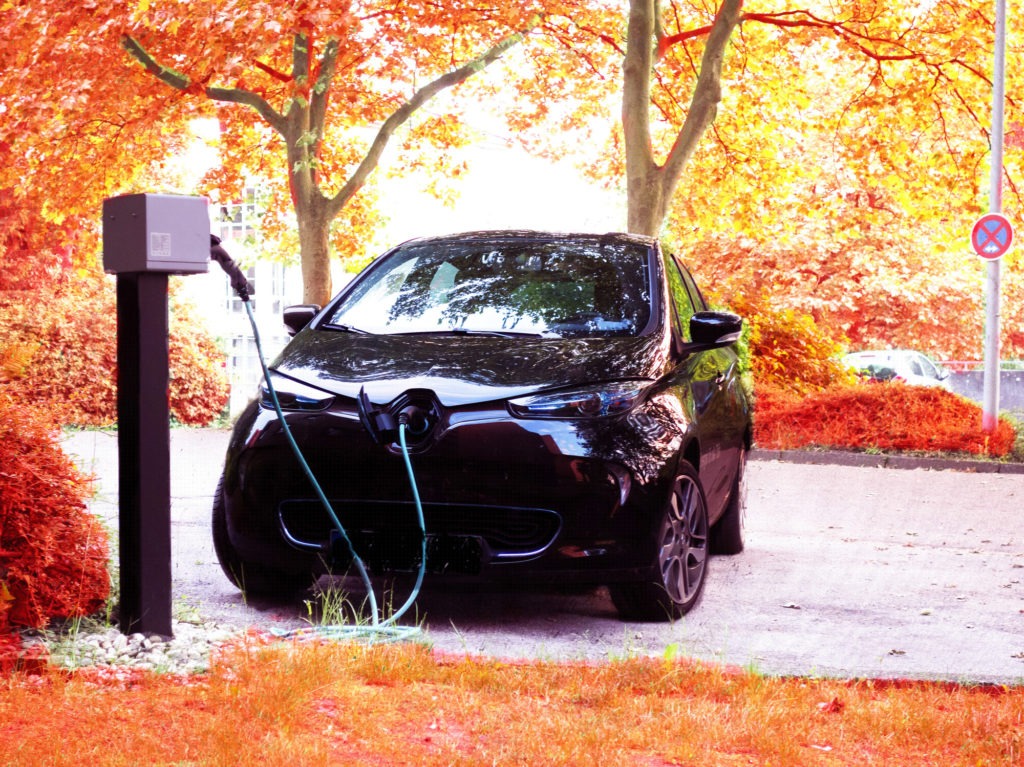National Grid to develop fast charging network on Britain’s motorways
27 February 2018

27 February 2018
As the UK prepares for an influx of new electric vehicle (EV) models from various manufacturers, the National Grid is looking to increase the number of charging points available on motorways.
The power network is examining plans to install a fleet of superfast charging points for EVs that would feed directly off the country’s electricity transmission network. As the operator of the country’s high-voltage power grid, the utility company could allay fears of drivers over range anxiety on EVs by providing more charging points on long-haul routes.
National Grid has mapped Britain’s motorways and transmission networks and identified 50 strategic sites, Graeme Cooper, project director of electric vehicles at the group told the Financial Times. Those locations mean that more than 90% of drivers would be able to drive in any direction from any location in the UK and be within 50 miles of an ultra-rapid charger.
The chargers would provide up to 350KW of power and would allow a driver to charge their car in five to 12 minutes, an improvement on the 20 to 40 minutes it currently takes. That would make electric charging comparable to the seven minutes it currently takes on average to fill up a petrol car. If 100 chargers were installed on each of the chosen motorway sites, it would equate to about 35MW of electricity ″” enough to power 14,000 homes.
To drive the progress of EVs forward, National Grid is engaging with various parts of government and is offering this scenario planning as a potential answer to show what’s possible with the technology. The grid infrastructure would cost between £500 million (€568 million) and £1 billion (€1.1 billion), or about 60p (68 cents) per driver per year if all motorists paid towards the process, according to National Grid estimates.
′It’s the critical infrastructure that’s key,’ said Cooper. ′It’s about future-proofing the network so it has the capacity to charge cars as quickly and efficiently as possible. Range anxiety is listed at the top of [drivers’] reasons for not buying an electric car.’
National Grid is already working with car company Nissan, maker of the Leaf electric car, on a project to test the potential of vehicles feeding power back into the grid. A consortium led by Nissan was awarded £10 million (€11.4 million) in government funding last month to test the potential of the technology for businesses with fleets of electric cars.
National Grid has already warned that home charging will not be the dominant way to charge electric vehicles (EVs) in the future, as ′current EV times are not going to be acceptable,’ and grid limitations mean that charging 300-mile EVs is still going to take more than six hours.
Meanwhile, the utility company is not the only company looking to introduce superfast chargers. A consortium of manufacturers, under the Ionity banner, is also planning to develop and install the technology throughout Europe as they look to bring their electric vehicles to market.